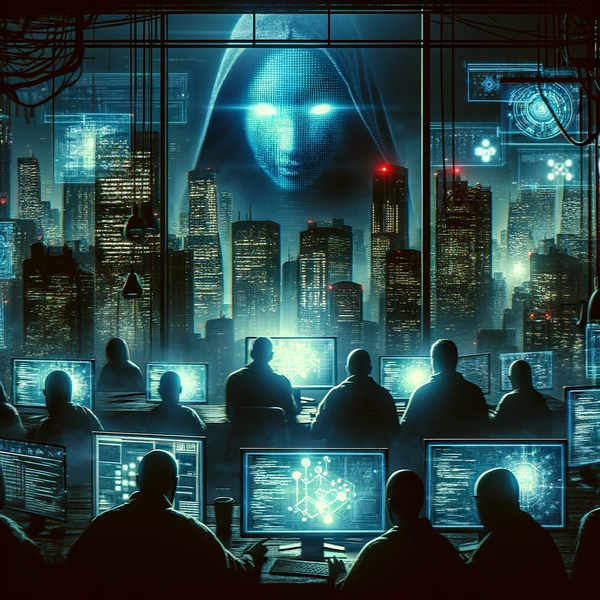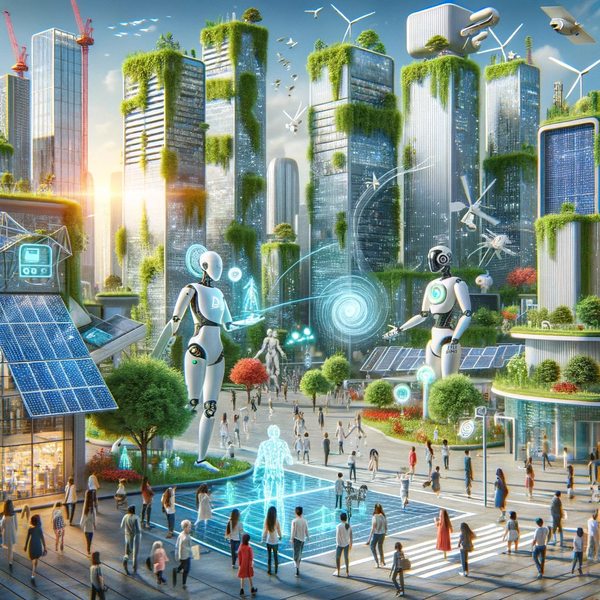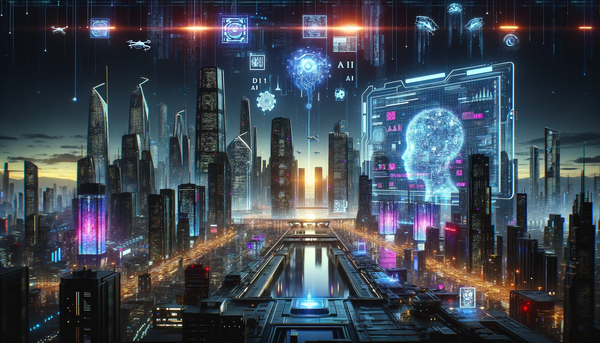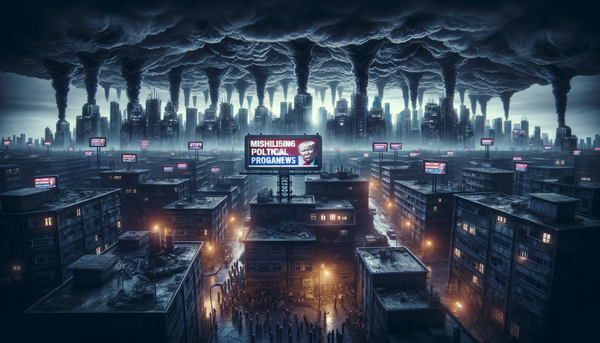When is a Photograph No Longer a Photograph? The Dark Side of AI Image Processing
In today's digital era, every snap from devices like iPhone, Google Pixel, or Samsung Galaxy undergoes AI transformations. As these algorithms alter our images, blurring reality with AI enhancements, we must ask: when is a photograph no longer authentic? Are we losing touch with genuine moments?
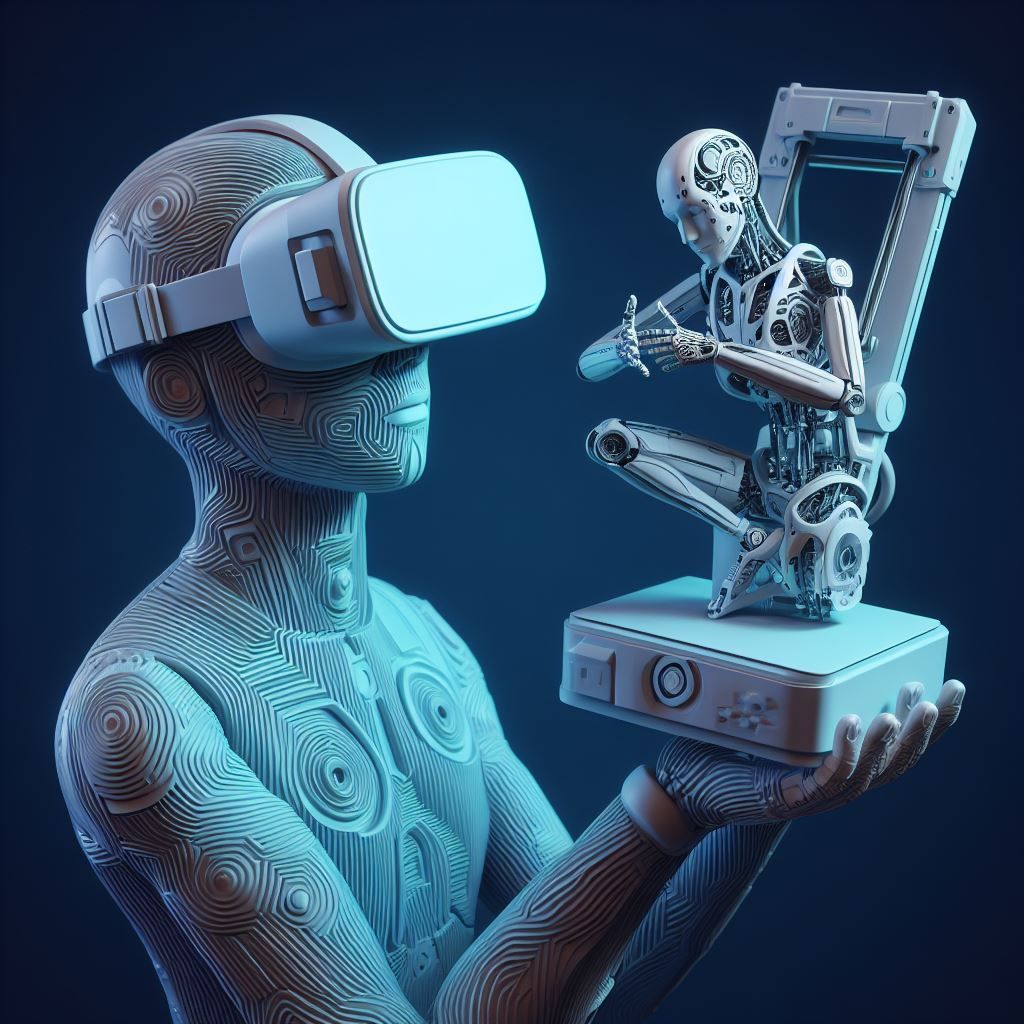
In today's digital era, there's an unseen battle waging within the lenses and chips of our favorite handheld devices. With every snap from an iPhone, Google Pixel, or Samsung Galaxy, artificial intelligence delves deep into its playbook, transforming our raw moments into AI-engineered versions. These enhancements, often deemed necessary by tech giants, bring forth a pertinent question: when is a photograph no longer a photograph?
Every time you capture an image with modern smartphones, sophisticated algorithms from the likes of Google AI image generator or Bing image creator are at work. These AI systems tweak colors, sharpen focus, and sometimes even eliminate or add elements to produce the 'perfect' picture. But as the gap between what our eyes see and what the camera records widens, are we straying too far from reality?
Erosion of Authenticity
Before the dawn of smartphones, photographs served as tangible memories, capturing a fleeting moment in time. The slight blur of a child's laughter, the shadow play at sunset—these imperfections spoke of reality. With the advanced AI in devices like the iPhone or the Google Pixel, these nuances are now corrected, standardized, and often lost. While the pictures look aesthetically pleasing, they often lack the organic touch that once defined photography.
Manipulating Reality with AI
Samsung Galaxy's latest models come equipped with scene optimization features. These tools can identify the subject of the photo, be it a plate of food or a mountain range, and then adjust the colors and tones to make it 'pop'. But if every plate looks unnaturally vibrant, and every sunset impossibly dramatic, aren't we losing touch with the beauty of the mundane?
Similarly, features in the Bing image creator and the Google AI image generator, which can produce images from scratch or modify existing ones, are stretching the boundaries of what we call 'real'. If you can seamlessly add a few clouds to a clear sky or remove an unwanted person from a group photo, where do we draw the line?
The Ethical Implications
The danger lies not just in the distortion of memories but also in the potential misuse of such technology. If AI can make anyone look flawless or any place look idyllic, it's not hard to imagine the implications for fake news or misleading portrayals. How do we trust an image when the tools to manipulate are right in our pockets?
An Unfamiliar Future
As our reliance on devices like the iPhone, Google Pixel, and Samsung Galaxy continues to grow, it becomes essential to educate ourselves about the silent transformations our images undergo. While AI-assisted photography ensures our feeds are filled with picture-perfect shots, it might be robbing us of the raw and candid moments that truly define our experiences.
In a world where seeing is no longer believing, it's crucial to remember that while technology advances, it's the unfiltered, unprocessed moments that carry the most weight.
So, the next time you click a photo, take a moment to wonder: is this a genuine snapshot of reality, or just another AI-engineered mirage?
